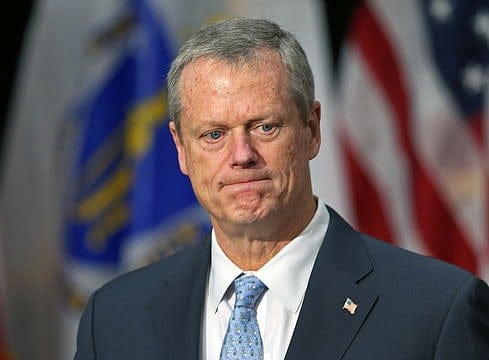News

Raise Taxes On The Ultra-Wealthy? Charlie Baker Explains His Opposition To It

Raising taxes on millionaires?
That's not part of Governor Charlie Baker's agenda.

